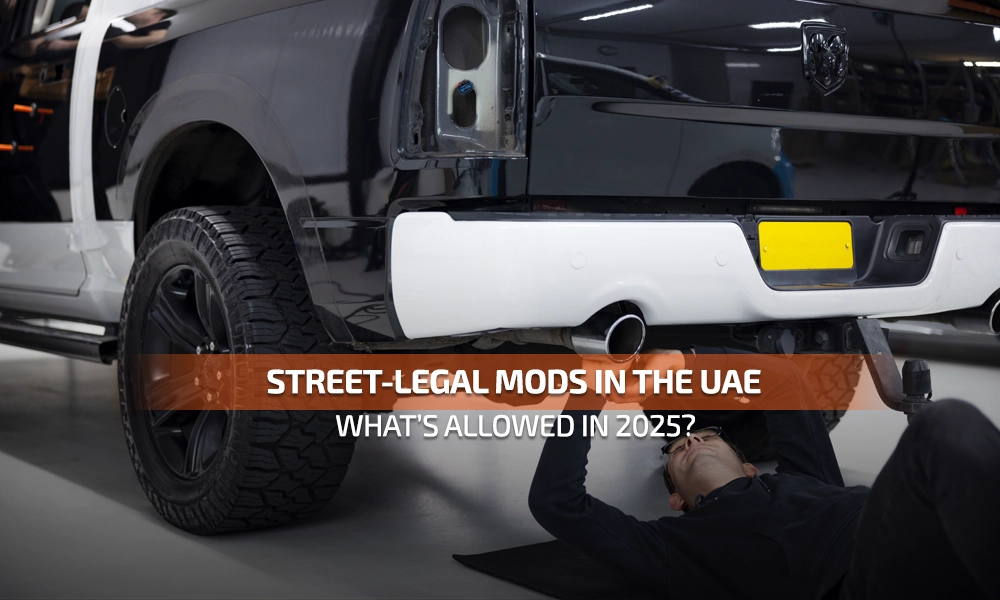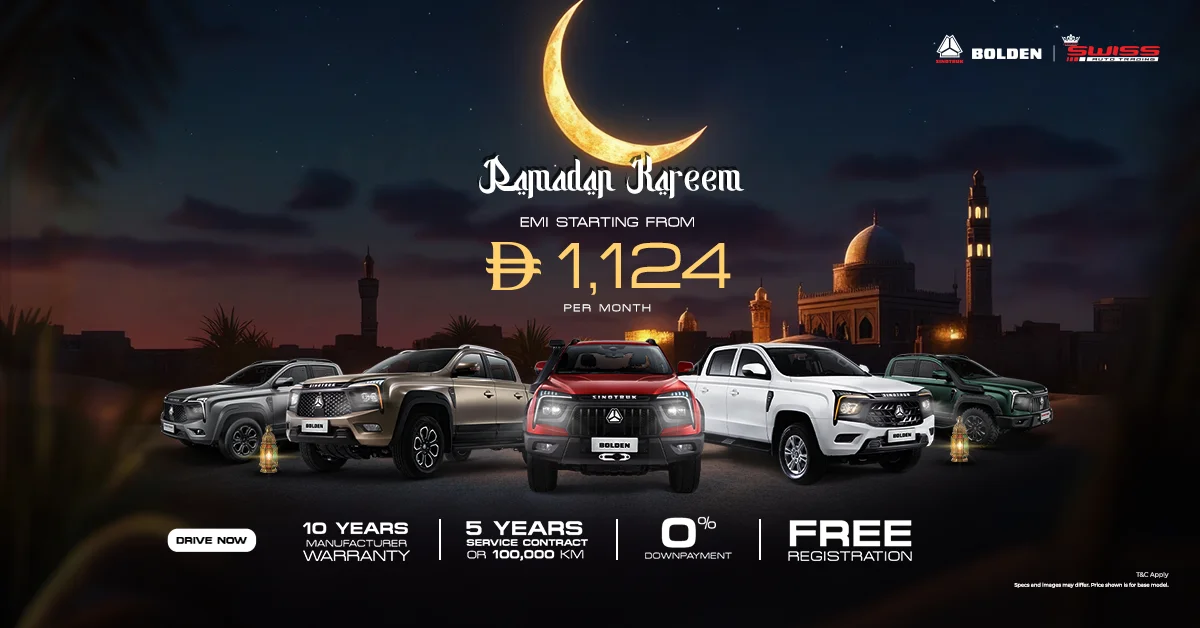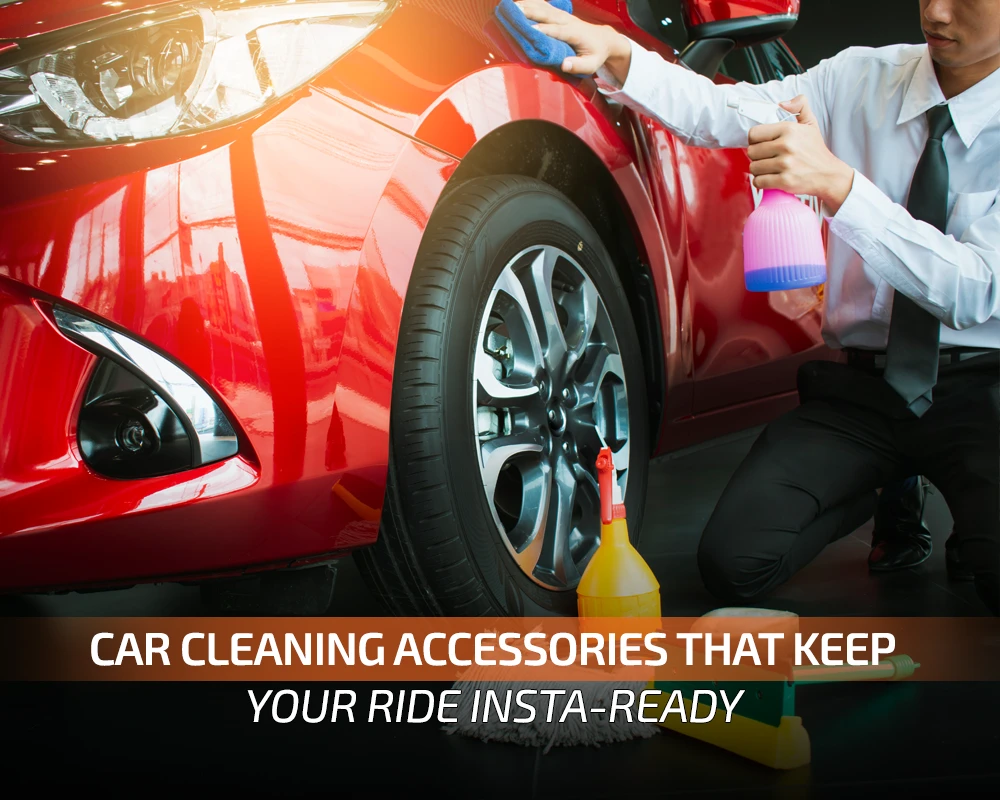Introduction
Thinking of customizing your car in the UAE? Before you rev up your creativity, it’s crucial to understand what’s street-legal—especially in highly regulated cities like Dubai, Abu Dhabi, and Sharjah. The UAE government allows for car modification, but with strict rules in place. This guide breaks down what’s allowed, what’s not, and how to ensure your auto modifications keep you both stylish and compliant.
Q: What car modifications are allowed in Dubai?
Legal car modification in Dubai includes cosmetic changes like wraps, spoilers, alloy wheels, and ambient lighting. However, performance mods, suspension lifts, and engine tweaks need prior RTA approval.
Q: Is it legal to modify a car’s engine or exhaust in the UAE?
Yes, but only with official permission. Any change that affects performance—like exhaust system upgrades or ECU remaps—must be inspected and certified by local authorities such as the RTA in Dubai or the Abu Dhabi Police.
Q: Can I change the color of my car in Dubai?
Absolutely, but you need permission from the RTA first. You must also update your vehicle registration and insurance documents after a legal color change.
Q: What are the penalties for illegal car modification in the UAE?
Penalties include fines of AED 500 to AED 2,000 and vehicle impoundment for up to 30 days. Unauthorized auto modification is taken seriously in the UAE due to road safety and environmental concerns.
Q: Do I need to inform my insurance company about modifications?
Yes. All car modifications in Dubai must be reported to your insurer. Failing to declare them could void your insurance coverage, as highlighted by PolicyHouse.
Dubai, Abu Dhabi & Sharjah Rules at a Glance
The UAE is a car enthusiast’s paradise, but every mod must follow city-specific regulations. Here’s how it works across key emirates:
- In Dubai, the RTA oversees all car modifications. Modifications require prior approval and vehicle inspection.
- In Abu Dhabi, the Abu Dhabi Police enforce similar rules and conduct random street inspections to ensure compliance.
- In Sharjah, the Municipality works closely with the traffic police to monitor unauthorized auto modifications, especially noise-inducing changes like aftermarket exhausts.
What the Law Says & What the Market Offers
1. Government Policies & RTA Regulations
The RTA has published detailed guidelines on what’s legal for auto modification in Dubai. Cosmetic changes such as spoilers, chrome trims, and body kits are allowed if they don’t impact safety or emissions. However, alterations to the engine, suspension, or exhaust system require an RTA inspection and approval certificate.
According to Pitstop Arabia, “All performance and structural modifications must be performed by RTA-approved garages and need to pass inspection before being roadworthy.”
2. Local Market Insights
Dubai’s Al Quoz, Sharjah Industrial Area, and Mussafah in Abu Dhabi are hotspots for professional car modification services. These hubs offer everything from detailing and wrapping to advanced tuning—many of which are licensed to perform RTA-compliant modifications.
Examples of popular legal mods:
- Custom vinyl wraps (with approval)
- Upgraded wheels and tires
- Interior LED lighting
- Paint protection film (PPF)
- Infotainment system enhancements
Illegal or risky mods include excessive window tints (beyond 50%), underglow lighting, and noise-enhancing exhaust systems.
3. Infrastructure and Inspection Services
In Dubai, centers like Tasjeel offer vehicle inspection services where you can get your modification certified. The RTA also lists approved workshops for safe auto modification.
Sharjah’s municipality collaborates with traffic police to track unauthorized mods and issue spot fines. Abu Dhabi has mobile inspection units that occasionally check random vehicles in high-traffic zones like Corniche Road or Al Wahda Street.
4. Case Study: Modified the Legal Way in Dubai
A car enthusiast in Dubai Marina recently installed a custom body kit and dual-tone wrap on his BMW. He followed the legal path:
- Got prior RTA approval
- Used a licensed garage
- Passed the post-modification inspection
- Updated his insurance policy
The result? A head-turning ride and total legal peace of mind.
5. Resident Quotes
“I wanted to add a sport exhaust and spoilers to my car. My mechanic warned me that anything sound-related needed a permit from the RTA,” says Faisal M., a resident of Sharjah.
“There are so many cool upgrades you can do legally if you just follow the rules,” says Amira A., from Abu Dhabi.
For more real-life experiences, check Miss Auto where UAE motorists share their legal car mod journeys.
How to Legally Modify Your Car in the UAE: A Step-by-Step Guide
- Decide Your Mod – Choose only RTA-approved enhancements.
- Apply for Permission – Submit your modification request via the RTA app or website.
- Use Authorized Garages – Select workshops with RTA accreditation.
- Get Inspected – Post-modification inspection is mandatory.
- Update Documents – Inform your insurer and traffic department.
- Drive Confidently – Enjoy your custom car, legally!
Q: Can tourists modify their rental cars in Dubai?
No. Tourists and renters are strictly prohibited from making any auto modification to rental vehicles. Violations can lead to hefty fines and deposit losses.
Q: Are neon lights and underglow kits legal in the UAE?
Underglow lights are generally not allowed, especially if they flash or distract other drivers. Stick to interior ambient lighting for legal flair.
Conclusion
Car modification in Dubai and across the UAE can be exciting, but it comes with responsibility. By following local laws and working with authorized providers, you can create a car that’s both eye-catching and 100% legal. Whether you’re in Dubai, Abu Dhabi, or Sharjah, always check the rules first.
Ready to upgrade your ride? Start with a certified garage today—and drive legally, in style.







